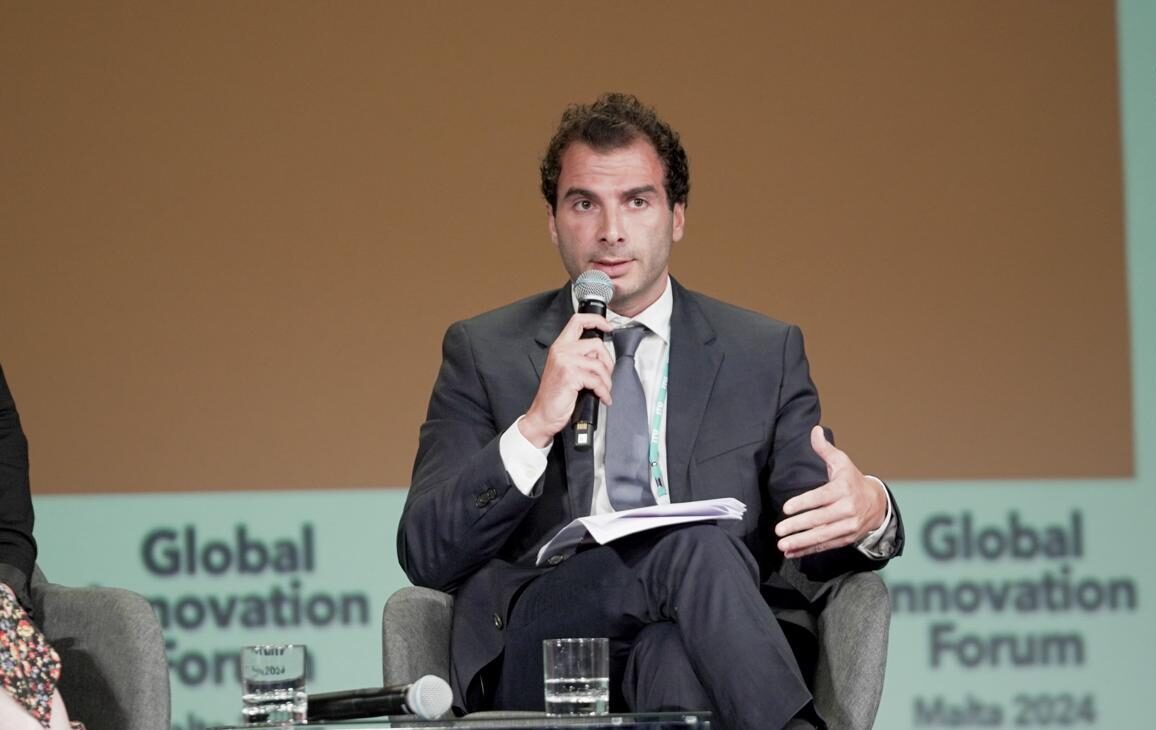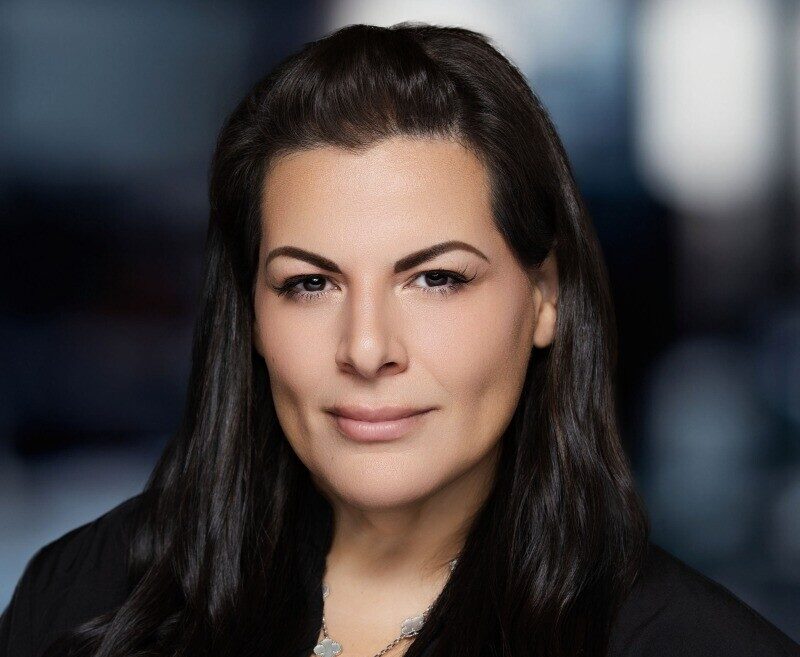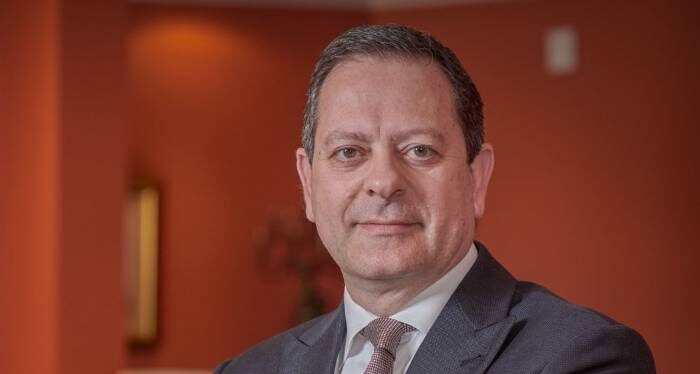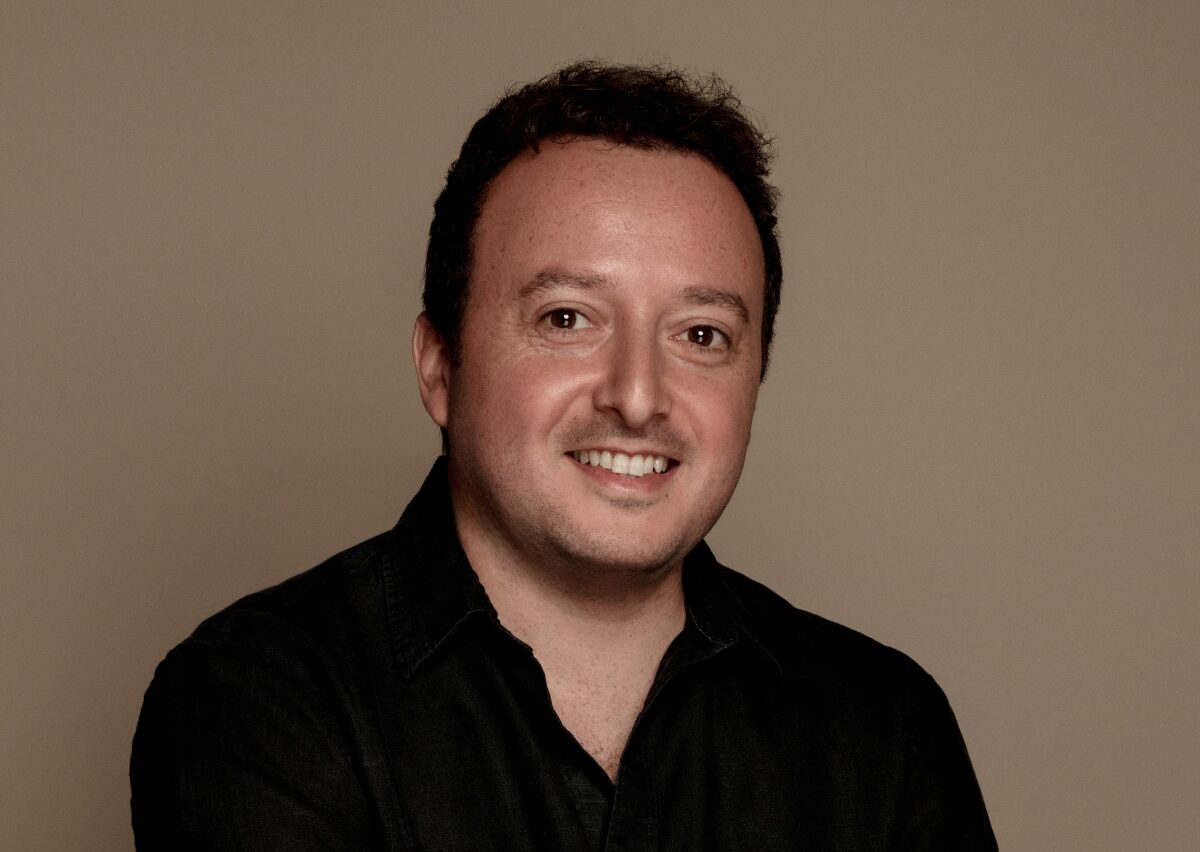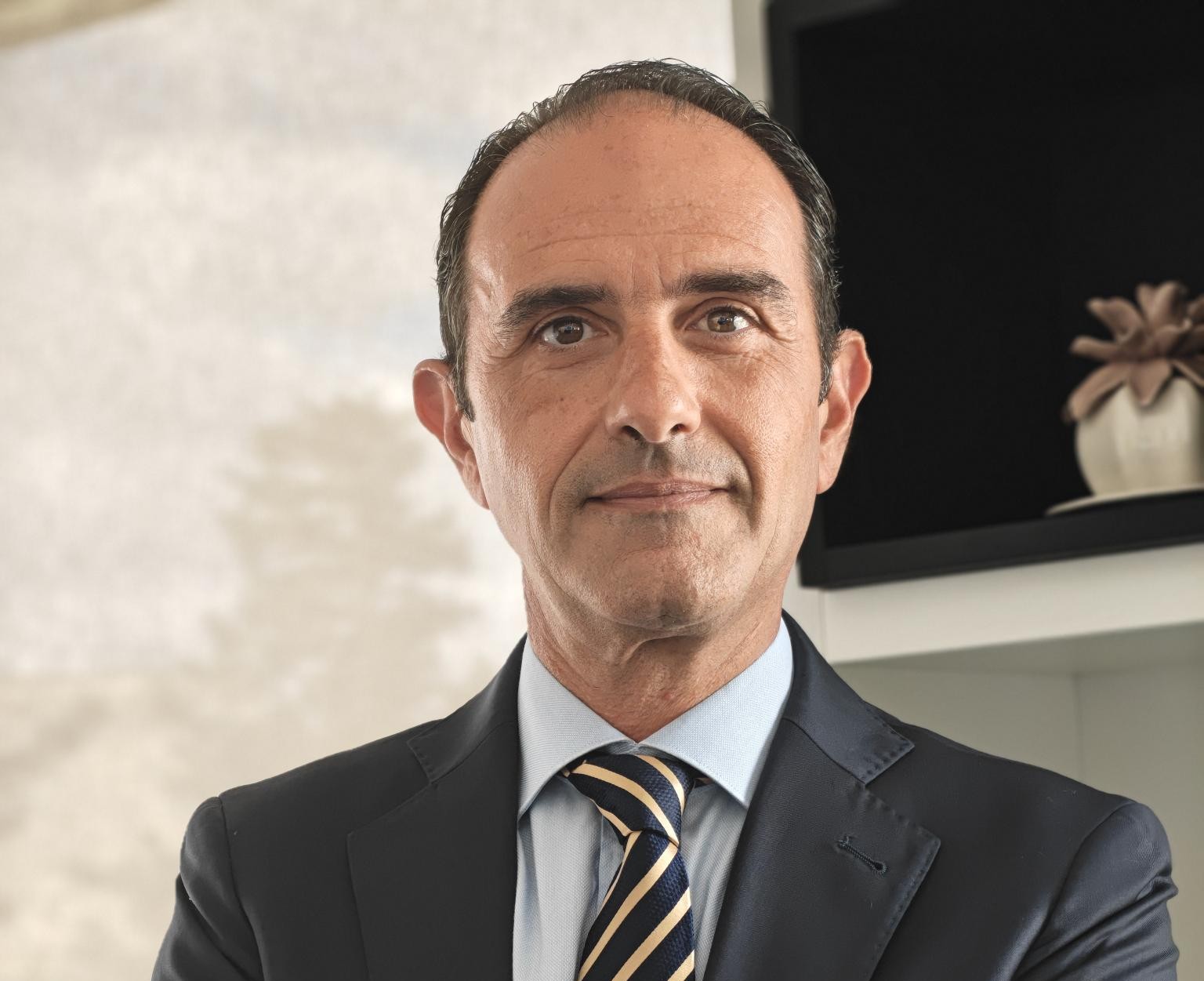Speaking at the Global Innovation Forum last month, eCabs CEO Matthew Bezzina weighed in on the complexities of scaling a business initiated in a small market, but said that given its seasonality, small size, and dynamic market, “Malta is a perfect destination to test new technology solutions.”
“For context, eCabs launched 15 years ago, the same year Uber started in the US and five years before Bolt. Sandboxing in Malta was perfect for us as we were able to test out ride-hailing technology in urban, suburban, and rural settings all at the same time and able to tweak our product in real time,” Mr Bezzina explained.
The same, he said, could be true for other emerging technology in different contexts.
He emphasised that the regulatory landscape of a small, island nation like Malta required tailored solutions that did not always align with approaches used in more expansive markets.
This, however, proved to be a major asset for the company.
Mr Bezzina said that being forced to have flexibility when designing the eCabs product over the years, positioned him and his team to understand the pain points of operators in diverse markets.
In packing this unique operational understanding, together with their tech, and their insights into marketing and different regulatory contexts, eCabs is now seeking to empower shared mobility companies to embrace digitisation, wrote the company in a statement.
Mr Bezzina highlighted that while Malta’s size allowed eCabs to rapidly test and implement new technologies, expanding beyond national borders demanded an entirely different strategy.
“The process involves not only adapting to diverse regulatory requirements but also understanding the cultural and operational nuances of new regions,” he noted.
The forum, hosted by the International Telecommunication Union (ITU) in Malta, gathered global tech leaders to discuss the future of digital transformation and entrepreneurship.
The ITU, headquartered in Geneva, Switzerland, is the UN’s oldest specialised agency and has been connecting the world since 1865.
With a membership comprising 194 Member States and over 1,000 companies, universities, and international organisations, the ITU’s Global Innovation Forum is a hub for exchanging ideas that shape the global tech landscape.
Asked what he felt underpinned the eCabs story, Mr Bezzina said that successful scaling hinges on an agile mindset and a robust foundation built on trust.
“Building trust in a market as compact as Malta gave us the core advantage we needed when approaching larger, more complex markets,” he remarked.
He credited the lessons learned from navigating Malta’s regulations and customer expectations as instrumental in preparing eCabs for international expansion.
Today eCabs powers successful ride-hailing operations in Malta, as well as Athens, Greece, and Bucharest, Romania, with several other European jurisdictions in the pipeline for 2025, according to the statement by eCabs.
Building better businesses: Why we set out to become Malta’s first Certified B Corporation™
Steves&Co.'s long-held purpose-driven approach now has a global, measurable standard behind it.
‘One minute you’re laughing, the next you’re planning surgery’
iGaming executive Mauro Miceli is taking a sudden fractured elbow as a lesson in resilience.
Simon Alexander Ong to address FPEI Business Breakfast in Malta next December
He is an international author, a globally recognised speaker and coach known for his work on energy management.
Malta’s new family office rules ‘give speed and clarity international families expect’ – Karl Micallef
The changes are widely viewed as a meaningful update to Malta’s private wealth offering.


